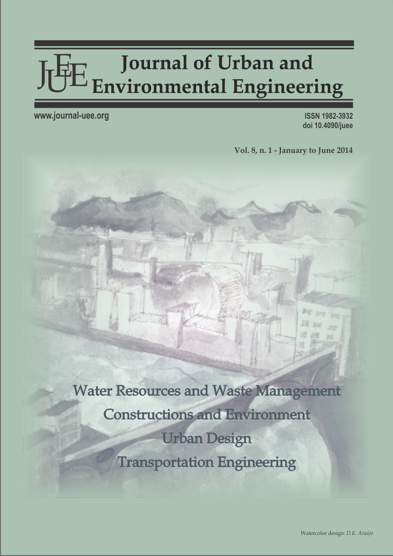A COMBINED FUZZY MCDM APPROACH FOR IDENTIFYING THE SUITABLE LANDS FOR URBAN DEVELOPMENT: AN EXAMPLE FROM BANDAR ABBAS, IRAN
DOI:
https://doi.org/10.4090/juee.2014.v8n1.11-27Keywords:
Urban development, Suitable land, Fuzzy AHP, Fuzzy TOPSISAbstract
This study aims at identifying the suitable lands for urban development in Bandar Abbas city based on its real world use regarding specific criteria and sub-criteria. The city of Bandar Abbas is considered as the most important commercial and economic city of Iran. It is also considered as one of the major cities of Iran which has played a pivotal role in the country's development and progress in recent years especially after the end of Iran-Iraq war owing to its embracing the country's main commercial ports. This process has caused the immigration rate into the city to rise significantly over the past 20 years. Thus, the development of the city is meanwhile considered as a high priority. Bandar Abbas city does not have a rich capacity for growth and development due to its special geographical situation being located in coastal border. Among the limitations placed in the city's development way, natural limitations (heights and sea shore) in the northern and southern parts of the city and structural limitations (military centers) in the east and west sides of the city may be referred. Therefore, identifying the suitable lands for urban development within Bandar Abbas city limits is becoming an essential priority. Therefore, different quantitative and qualitative criteria have been studied in order to select and identify these lands. The structures of qualitative criteria for most parts involve ambiguities and vagueness. This leads us to use Fuzzy logic in this study as a natural method for determining the solutions for problems of Multi-criteria decision making (MCDM). In the current research, a combination of MCDM methods has been presented for analysis. To assignee weights of the criteria Fuzzy AHP (analytic hierarchy process) is used for land selection and Fuzzy TOPSIS (method for order priority by similarity to ideal solution) is utilized to choose the alternative that is the most appropriate through these criteria weights. The sensitivity analysis of the results is included in the research.Downloads
Download data is not yet available.
Downloads
Published
2014-07-04
Issue
Section
Articles




